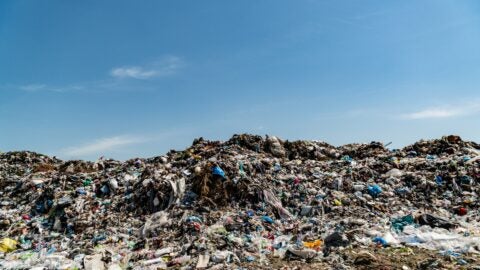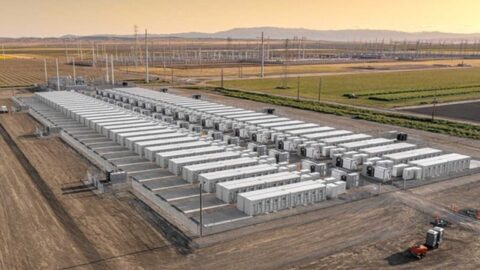Decoding the Final Decision in the AB 32 Lawsuit
A Superior Court in San Francisco issued a final judgment today in a lawsuit filed in 2009 by environmental justice (EJ) groups concerning California’s groundbreaking 2006 law, the Global Warming Solutions Act (AB 32), which sets limits on global warming pollution in the state.
As expected, the ruling establishes a new timeline and preconditions for continued implementation and final approval of the AB 32 cap-and-trade regulation. The ruling confirms the California Air Resources Board’s (CARB) ability to use cap-and-trade and should not force a delay in the planned launch of the program on January 1, 2012, as long as the agency meets its California Environmental Quality Act (CEQA) requirements laid out by the court.
The judge found that CARB did not adequately complete its legally mandated review of alternatives to cap and trade and must do so, then gain approval by its board and the judge prior to proceeding with implementation. Even before today’s ruling was issued, CARB had assured the public that it was significantly bolstering its analysis. EDF is eager to be part of the public process to review and comment on the updated analysis and believes the new documents will further illustrate the proven, far-reaching benefits of using market forces to limit pollution.
It’s worth noting that the California Department of Public Health evaluated the potential impacts of a cap-and-trade program and found that the regulation was not likely to cause any adverse impacts to public health and welfare – especially if money raised from the program gets reinvested in California communities to help protect against the impacts of climate change, an essential element of the state’s plan.
In a press release issued shortly after the ruling was announced, CARB said that it will appeal the ruling, a legal procedure that will likely allow it to continue working on the regulatory design and finishing touches before the new analysis is final.













